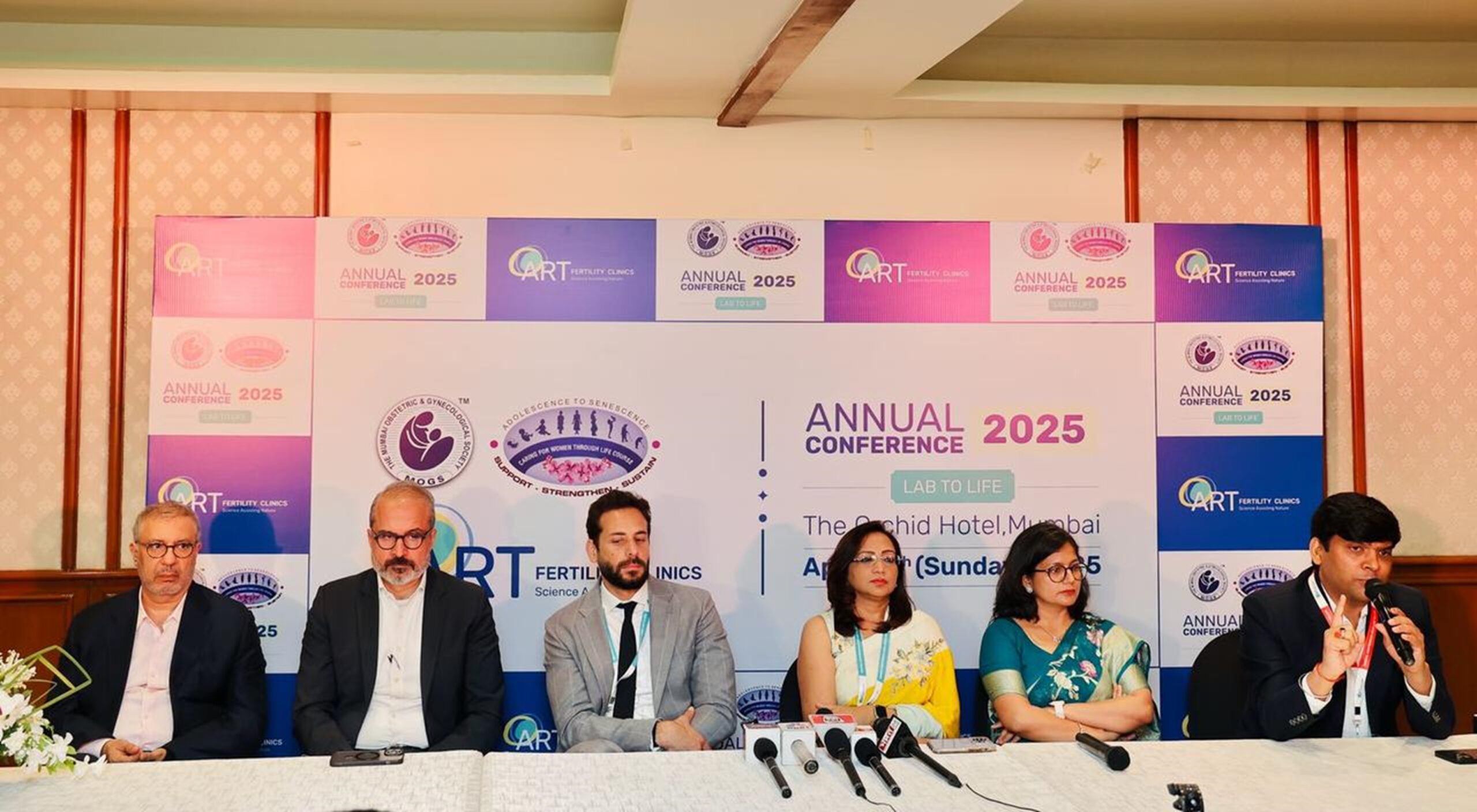Mumbai: — Nearly one in three young professionals in India are dealing with anxiety, according to a new study by MediBuddy, India’s largest digital healthcare platform. The study, based on data from psychological consultations between October and December 2024, highlights growing emotional stress among the millennial and Gen Z workforce.
Out of 2,400 consultations analyzed, 32.28% were related to anxiety, while 17.15% involved stress-related concerns. Together, they make up nearly half of all mental health consultations recorded on the platform, pointing to a concerning trend in workplace well-being.
The report indicates that individuals aged 20–40 are the most affected, with professional pressures, social expectations, and financial instability contributing significantly to emotional strain. Among Gen Z, young men commonly face burnout due to rising societal and career expectations, while young women report higher stress from financial insecurities and the constant pressure for social validation—often intensified by social media exposure.
Relationship issues and body image concerns were also frequently cited by both genders as key contributors to their mental health challenges.
For millennials, the inability to maintain a healthy work-life balance emerged as a major factor. The study points to digital burnout—caused by constant online presence—as a growing issue, blurring the boundaries between professional and personal time. Economic uncertainty is another source of stress, particularly among those grappling with career instability and rising financial demands.
The study also highlights the gendered impact of these pressures. Women face an additional layer of stress, often juggling career aspirations with family responsibilities, which takes a toll on both their mental and physical health.
MediBuddy’s findings underscore the need for focused mental health support within workplaces, urging organizations to adopt proactive measures in supporting employee well-being.


